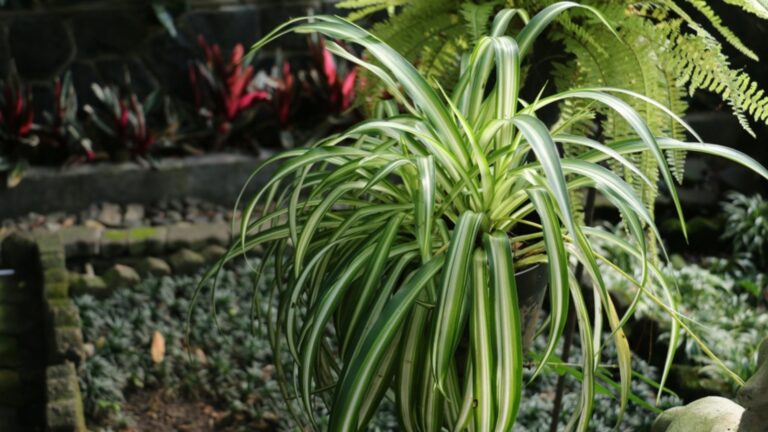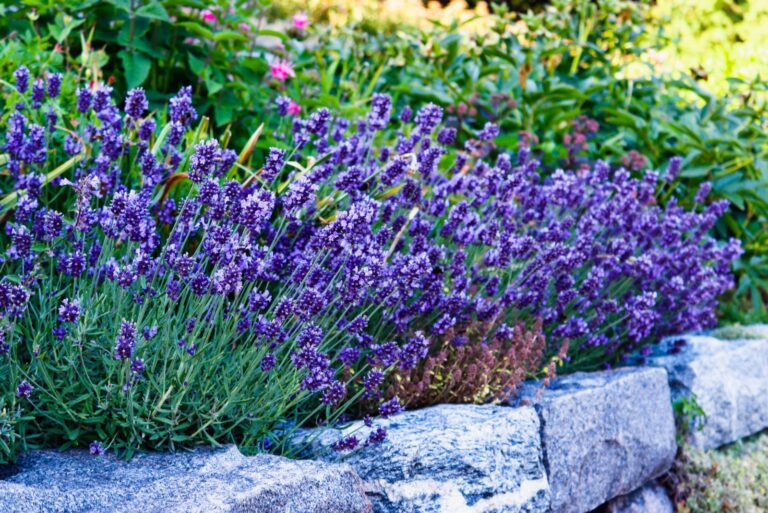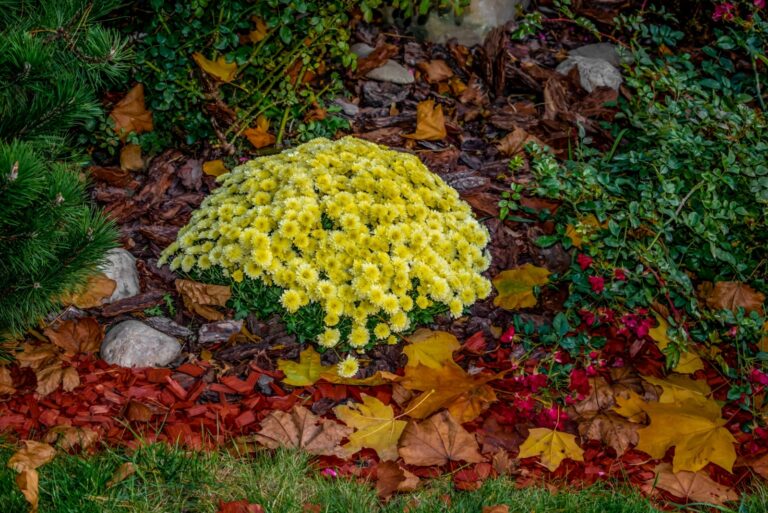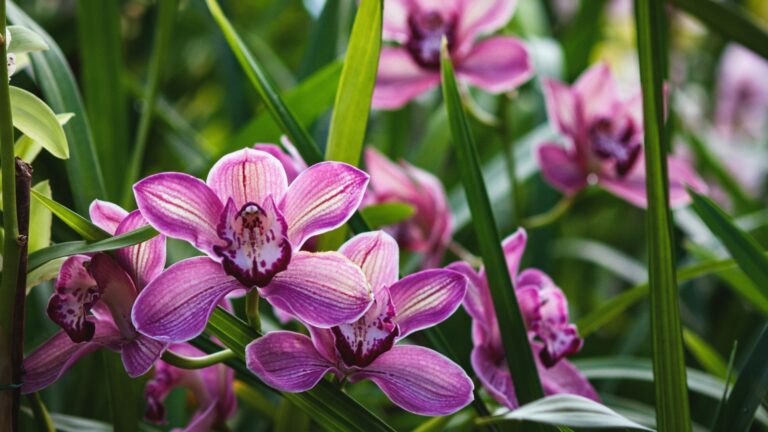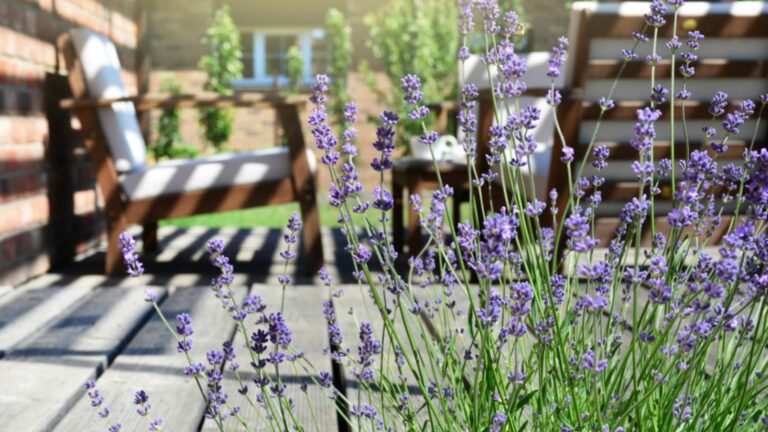5 Garden Myths You Shouldn’t Believe To Avoid Ruining Your Eye-Catching Landscape
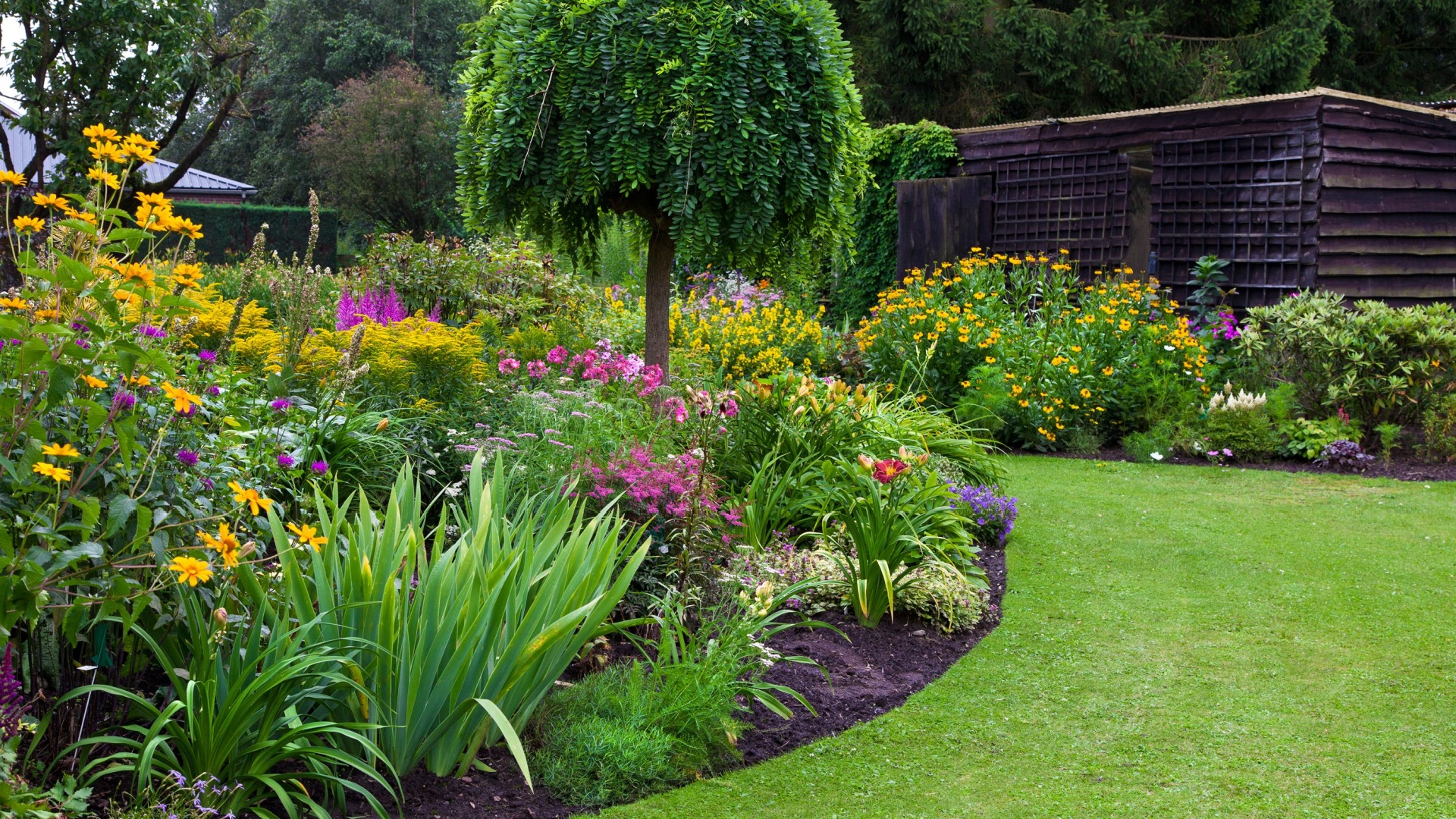
Whether you do it professionally or just as a hobby, gardening can be a special experience filled with lovely memories! You’ll always remember your first harvest, planting and watching colorful flowers that bloomed in your yard.
Just like every other gardener you’ve probably searched for some advice while growing and planting your plants. But you shouldn’t believe everything you read online! There are some gardening pieces of advice that are best to avoid.
Don’t worry you’re probably not the first person who has made these mistakes! A few years ago I also fell for some fake gardening myths. I thought that these tips were perfect for my garden…but little did I know!
After trying them on my plants, everything went downhill. Luckily, I stopped using this terrible advice and fixed my lovely plants in a very short time! Now I always make sure to share the most common garden myths that turned out to be harmful.
So, let’s start with the first popular myths that you’ll need to avoid…
#1 Who Said That Drought-Tolerant Plants Don’t Need Water?
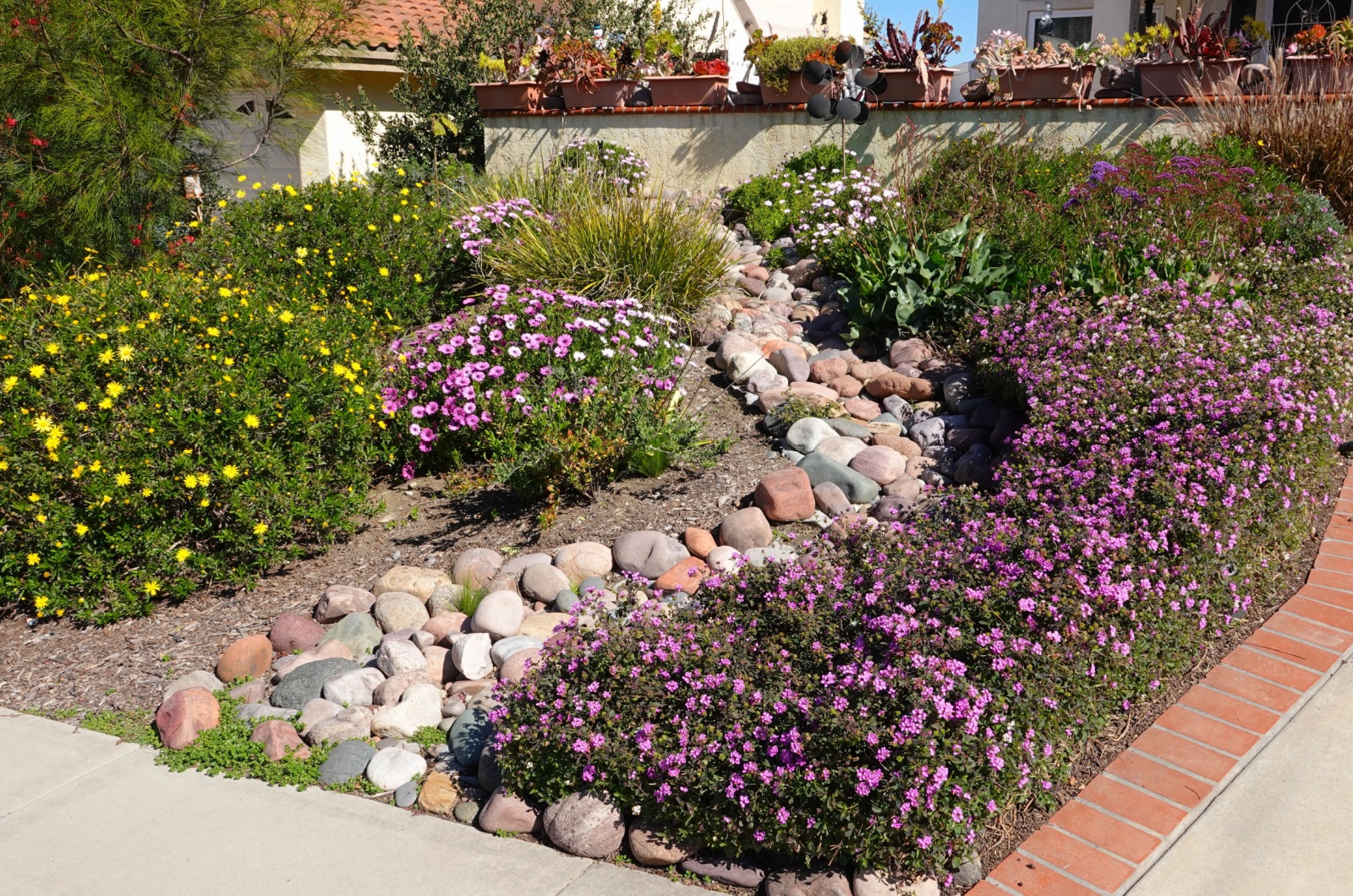
There are lots of drought-tolerant plants that you can grow. Lavender, salvia, catmint, lantana, Russian sage, coneflower, yucca, sage, and rosemary are some of the most beautiful drought-tolerant plants! But does it mean that you don’t need to water them? Wrong!
The truth is that all plants need water. Even though their name means that they are drought-tolerant plants and can tolerate the hottest waves of heat, you’ll need to water them at least weekly during the establishment year. Later, you can reduce watering, but not stop altogether!
They will still need water to thrive! Do you find the first myths shocking? Wait until you see the other four, there are way more surprising ones!
#2 Make Sure Never To Use Dish Soap As Pesticide, It’s Dangerous
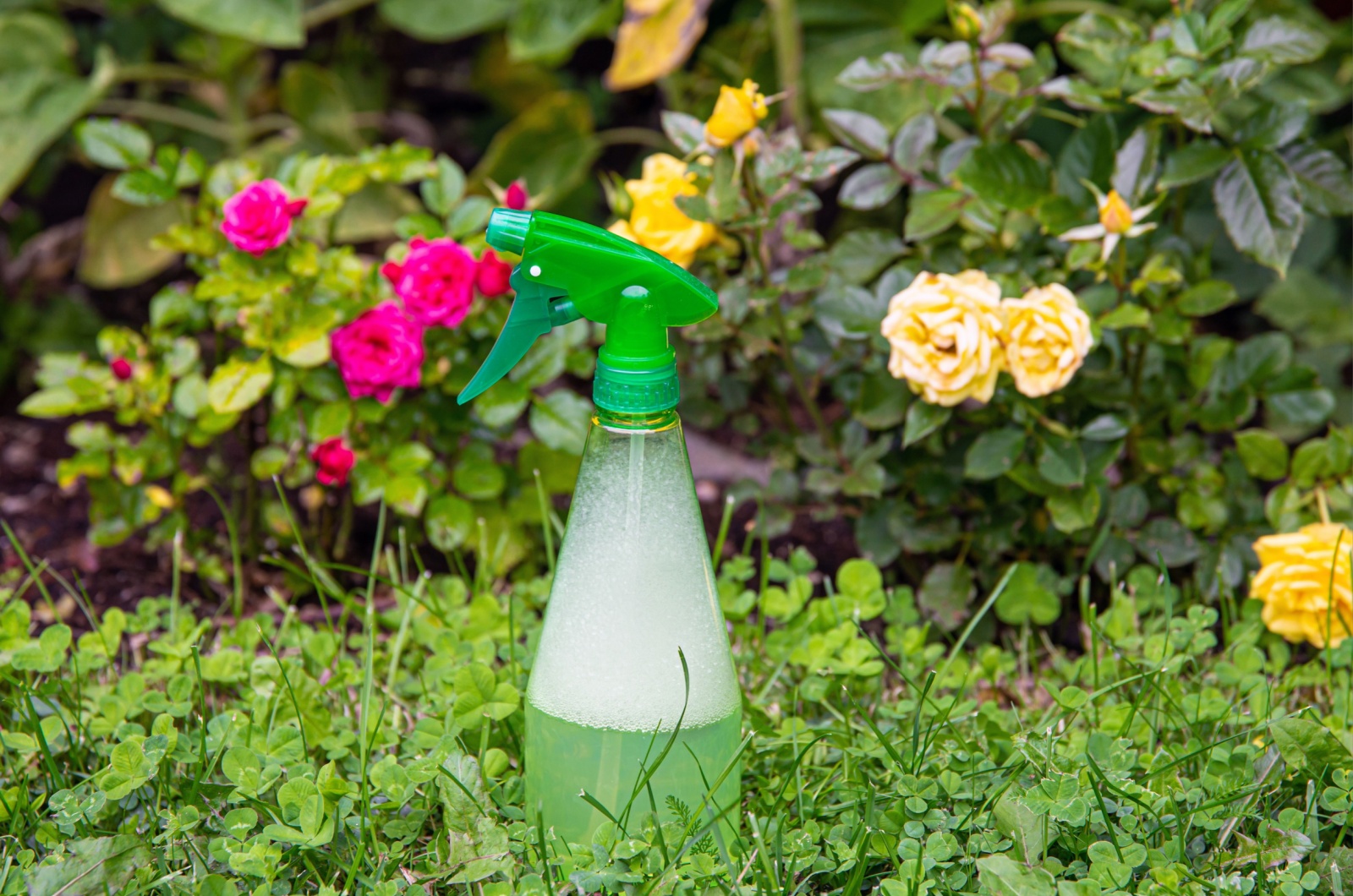
Do you use dish soap to deter pests? We have all been there! Every trick I found for repelling annoying pests from my garden includes using dish soap. Once I applied it to my plants, I started noticing that something weird was happening.
They started getting burns, so I immediately stopped using it! Later, I found out that dish soap was much more dangerous than I thought! Dish soap isn’t natural and can damage your plants a lot.
There are so many natural ingredients that work perfectly well for removing pests, such as garlic, cinnamon, mint, or neem oil! So next time, think twice before applying dish soap to your plants.
#3 Gravel In Containers Won’t Help With Drainage, But This Will
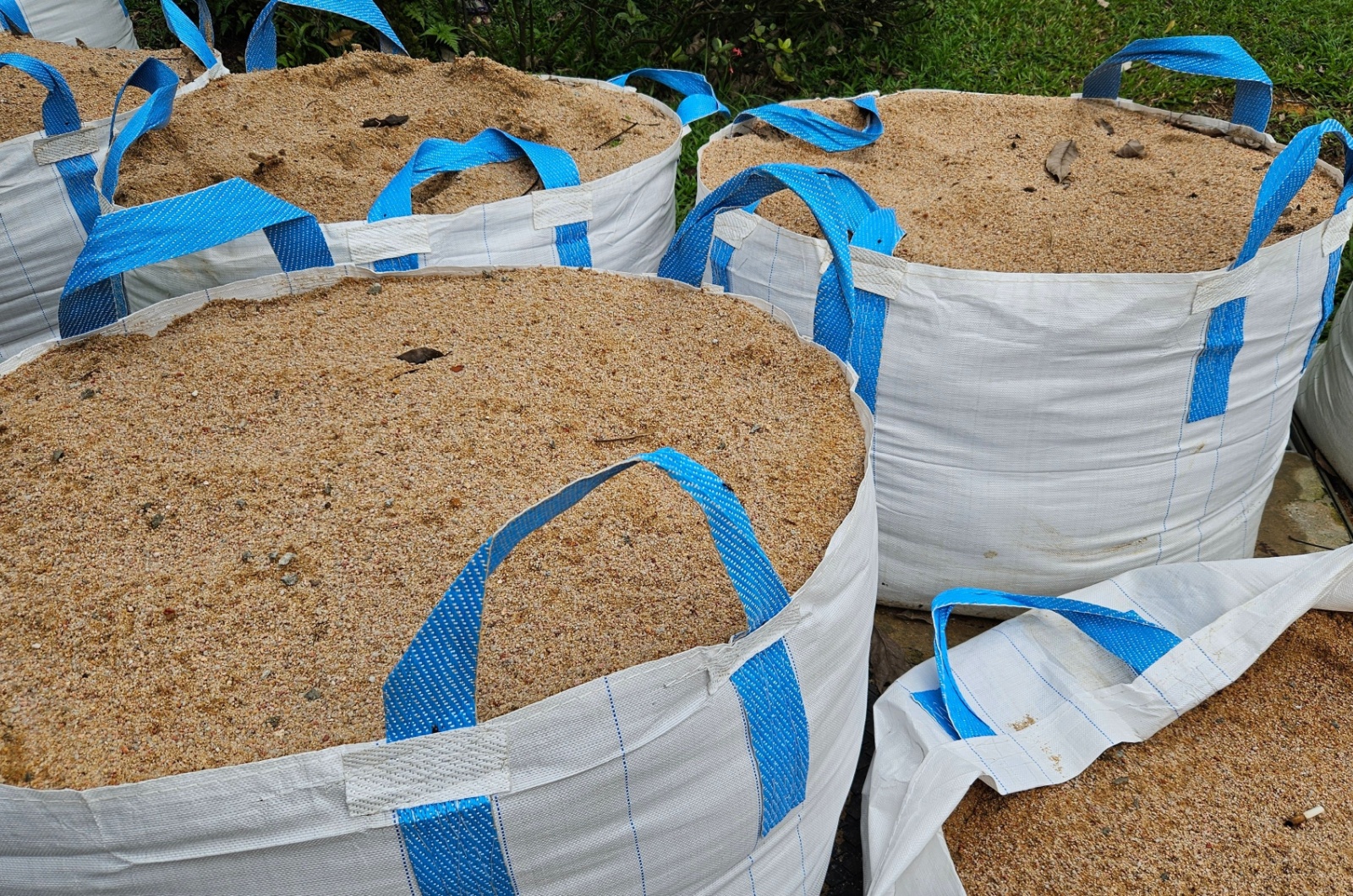
Drainage is the most important thing for plants that are growing in containers. All the excess water that’s left will seep out if you have proper drainage! If not, the soil becomes overwatered, which affects your plants’ health and damages them!
Adding gravel to the bottom is the most recommended advice when it comes to drainage (it’s said that gravel can improve it), but it only creates the opposite effect. Gravel blocks the drainage holes, so all the excess water stays in the soil, which is a big no-no!
What you’ll actually need to use to improve drainage is sand. It will allow water to flow through and keep your soil and plants well-drained!
#4 You Don’t Need A Large Garden To Start Vegetables, Small Spaces Work Just Fine
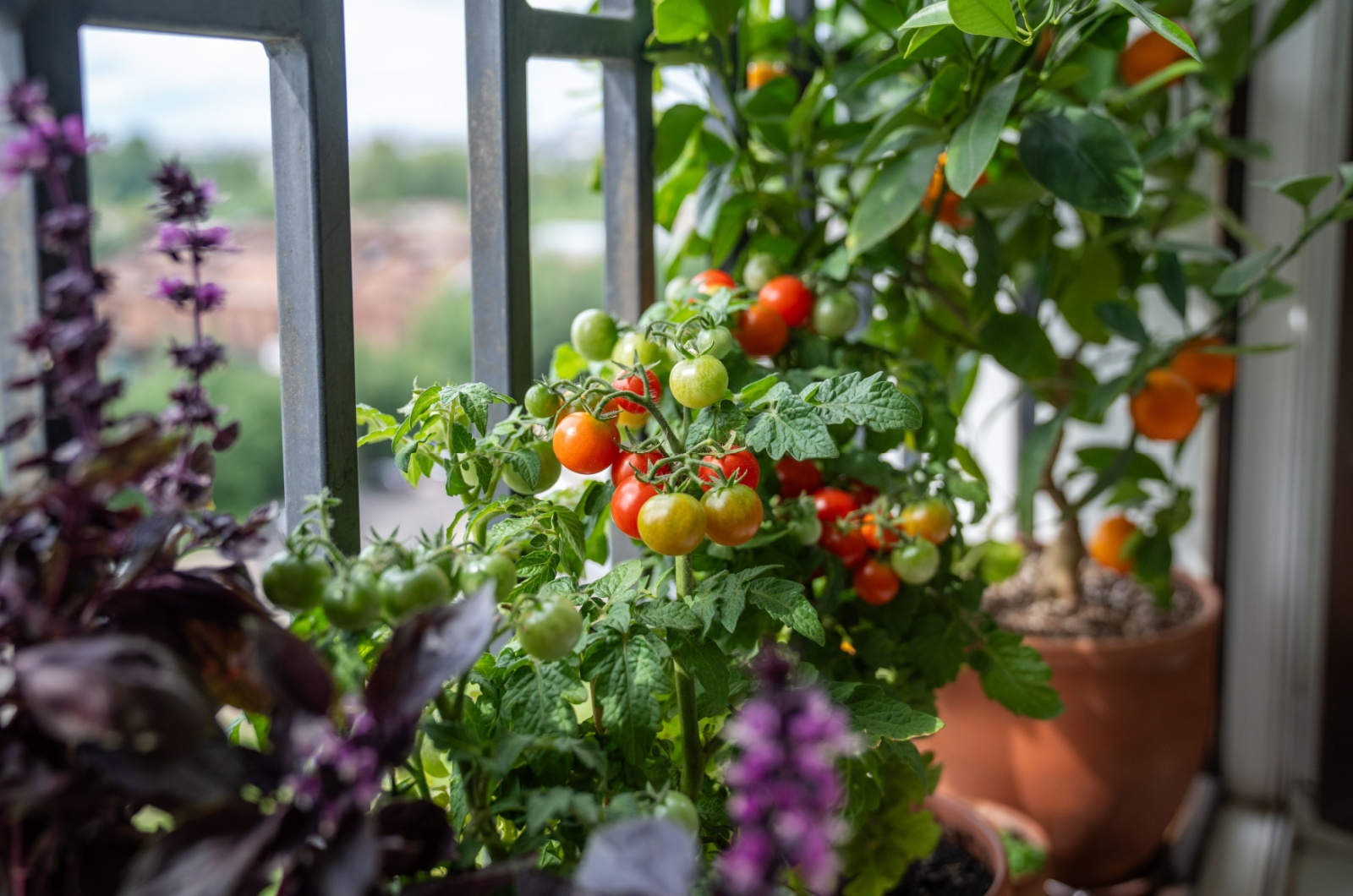
How many times have you heard that growing vegetables requires a big garden? I also read this when I wanted to start my vegetable garden, but it didn’t stop me from trying! My garden isn’t big enough for growing all the veggies I want, but then I had one of my lightbulb moments.
I started growing all kinds of veggies, herbs, and flowers on my balcony! All you need to do is plant them in containers and place them on my terrace or even indoors (if you have windows that provide a lot of light). Trust me, they will thrive as perfectly as they would in the garden!
#5 If You Think That Gardening Is Expensive, You’re Wrong
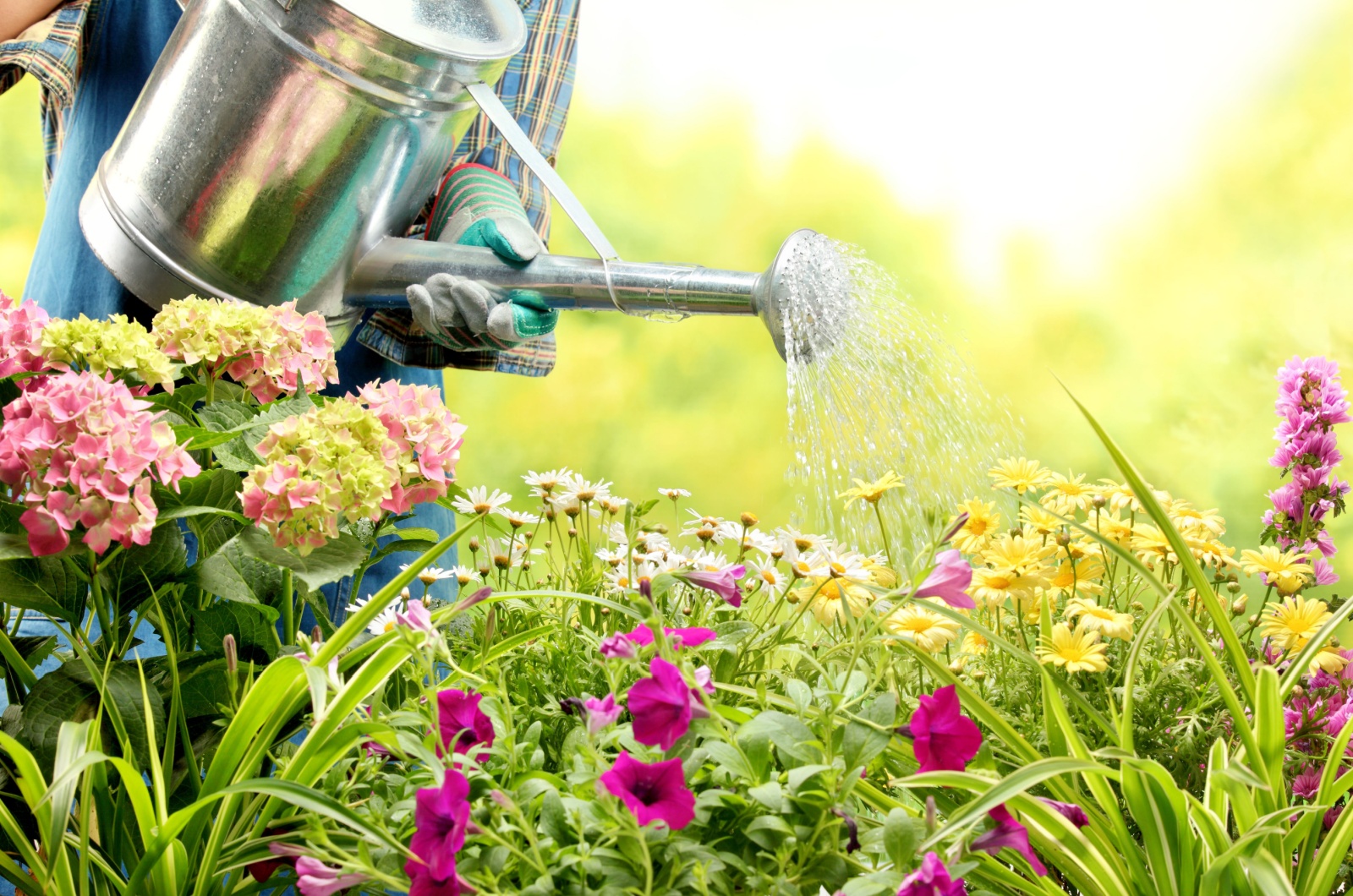
Gardening isn’t an expensive hobby at all! With some basic tools and lots of DIY garden ideas, you can achieve incredible results. All your plants need from you is love, attention, and good care!
All the nutrients your plants require are hiding in your garden! You can make compost for free using fruit and vegetable peels, plant prunings, or grass clippings.
For mulch that you’re going to need in winter, you can use newspaper, fallen leaves, chopped tree branches, bark, or trimmings! All the ingredients for your plants to thrive can be found for free in your yard. Isn’t that awesome?
The most important step in gardening is not believing everything you read! There are lots of garden myths that could cause big trouble for your plants. Now that you know the most common ones, you’ll be able to save your plants from damage and make them thrive all season long!
Gardening is truly one of the most fun hobbies, and if you do it the right way there won’t be any complications and you won’t need extra hard work to fix everything. This is a great way to make your friends aware of what you learned today and share all the tips with them!

